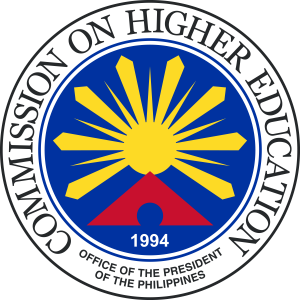The Master of Arts in Communication program at the Asian Institute of Journalism and Communication (AIJC) is designed for professionals committed to advancing their expertise in the strategic and socially responsive use of communication.
The curriculum encompasses a broad range of areas, including communication issues, knowledge management, management of communication resources, and communication for development, among others. Emphasis is placed on the role of communication in shaping public discourse, informing policy, mobilizing communities, and supporting sustainable development initiatives.
This program is tailored for professionals across diverse domains such as information technology, business, education, government, and civil society—where effective communication is essential for leadership, innovation, and impact.
Led by a faculty of scholars and practitioners with extensive experience in communication research, program implementation, and policy engagement, the MA in Communication program offers a dynamic learning environment that bridges theory and practice.
The AIJC Graduate School invites individuals seeking to leverage communication as a tool for transformative leadership and societal progress to join a community dedicated to ethical, effective, and inclusive communication.
Applicants for admission to the AIJC Graduate School may be admitted after satisfying the following requirements:
- Bachelor’s degree, preferably in journalism or communication
- Work experience in any communication-related job
- Accomplished GS Online Application for Admission Form [Link Here] with attached documents:
-
Updated comprehensive Curriculum Vitae (CV) or Resume
- Soft/Scanned Copy of Original Transcript of Records from previous college/University
- Soft/Scanned Copy of School Diploma from previous college/University
- Two letters of recommendation from previous professors and/or employers
- Hi-Resolution 1×1 ID picture with white background
- Proof Payment for PhP1,050.00 Admissions Fee (Bank Details will be in the Link)
- 1-on-1 Admission Test and Interview [To be Scheduled]
In addition, Foreign students should present a Certificate of Eligibility and Study Permit from the Commission on Higher Education (CHED), and a copy of their Alien Certification and Registration.
Transferees may submit a true copy of their grades for assessment; relevant courses may be credited toward the AIJC program they want to pursue.
We want to make it easy yet still comprehensive and hands-on by leveraging digital tools to aid in your admission journey.
Step 1: Accomplish the GS Online Application Form and submit the required documents [Link Here]
Step 2: Once confirmed, our Admissions Officer will verify your Interview and Entrance Exam Schedule via Mobile/Email.
Step 3: Ace the 1-on-1 Live Online Test and Interview (allot 2 hours).
Step 4: When you succeed, you will receive an Acceptance Letter (which would contain the Enrollment Rates) and a Conforme which you’ll need to sign and send a copy to our admissions officer.
Step 5: Process the Tuition Fee Payment via Bank Transfer and send Proof of Payment via Mobile/Email to our admissions officer.
Step 6: Once all is done, you’ll receive the Schedule of Classes and an exclusive invitation to join the AIJC MS Teams App Group.
*Check the Enrollment Schedule Here.














